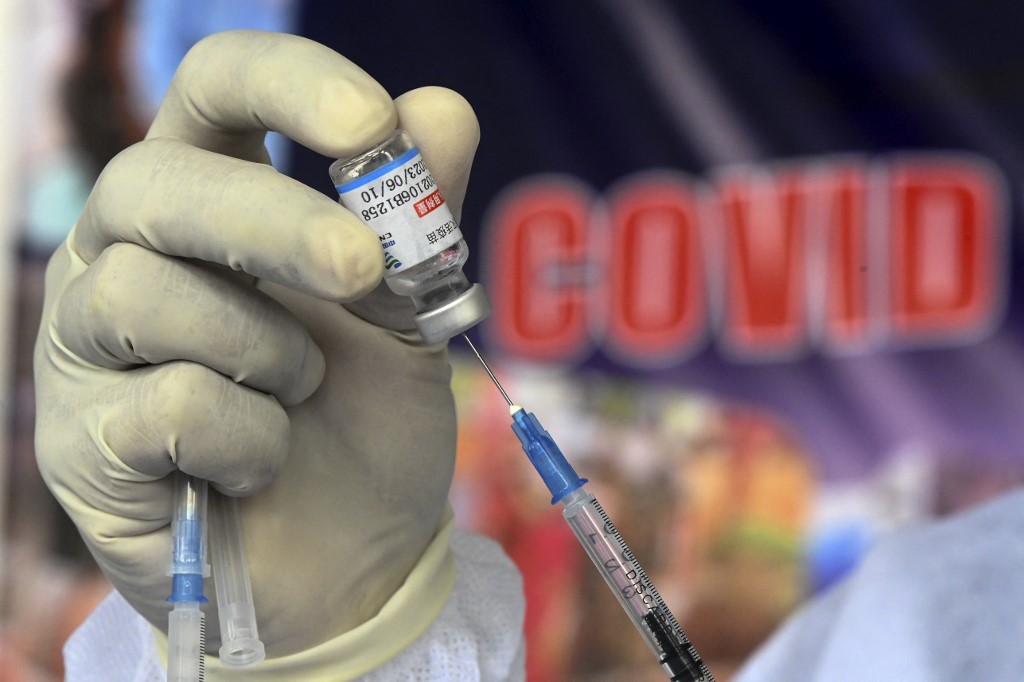
The Emergency Committee of the World Health Organization (WHO) warned on Thursday of the “strong probability” of new variants of the coronavirus emerging, which would be “more dangerous”.
“The pandemic is far from over,” stress the experts, who advise the WHO director-general. “There is a strong likelihood that new, worrying variants will emerge and be transmitted, possibly more dangerous and more difficult to control” than those already registered, they added.
Read: Variant of COVID that arrived in Brazil for the Copa America, more transmissible and with an unprecedented mutation
“Recent trends are disturbing. Eighteen months after the international public health emergency was declared, we are still running after the coronavirus,” the chairman of this committee, Frenchman Didier Houssin, told a press conference.
So far, WHO has reported four variants that can be called disturbing: Alpha, Beta, Gamma and Delta. The latter, isolated for the first time in India, is spreading at great speed around the world causing a sharp uptick in the pandemic, because it is much more contagious than the others and shows a little more resistance to vaccines, although they continue to protect in the most severe cases of COVID-19.
Houssin highlighted two main recommendations: to defend equitable access to vaccines and not to take initiatives that are unjustified from a scientific point of view, such as a third dose, as proposed in particular by the Pfizer/BioNTech group.
Find out: Mexico, among the 10 countries that regressed the most in the application of vaccines to children in 2020
We must “continue to tirelessly advocate for equitable access and distribution of vaccines around the world, encouraging the exchange of doses, local production, the release of intellectual property rights, as well as the transfer of technology, the increase of production capacity and, of course, the necessary funding to achieve all this,” Houssin said.
Unequal access to vaccines has been denounced for months by WHO, social organizations and countries that suffer from it. When the United States or the European Union (EU) intend to vaccinate the vast majority of their populations in the coming weeks, the most disadvantaged countries manage to protect only 1% of their own.
What we do at Animal Politico requires professional journalists, teamwork, dialogue with readers and something very important: independence. You can help us continue. Be part of the team.
Subscribe to Animal Politico, receive benefits and support free journalism.#YoSoyAnimal
"El reclamo puede ser genuino, pero construido sobre una mentira", apuntó el presidente Javier Milei…
El gobernador de la provincia de Buenos Aires, Axel Kicillof, encabezó un acto en Ensenada…
El diputado nacional de La Libertad Avanza, José Luis Espert, expresó su confianza en la…
Tras la masiva reaparición de Cristina Fernández de Kirchner, el presidente Javier Milei apuntó contra…
El principal propósito de la nueva comisión es evaluar los recursos humanos en el Senado,…
En una medida que busca redefinir las condiciones de los seguros de automóviles en Argentina,…
Esta web usa cookies.